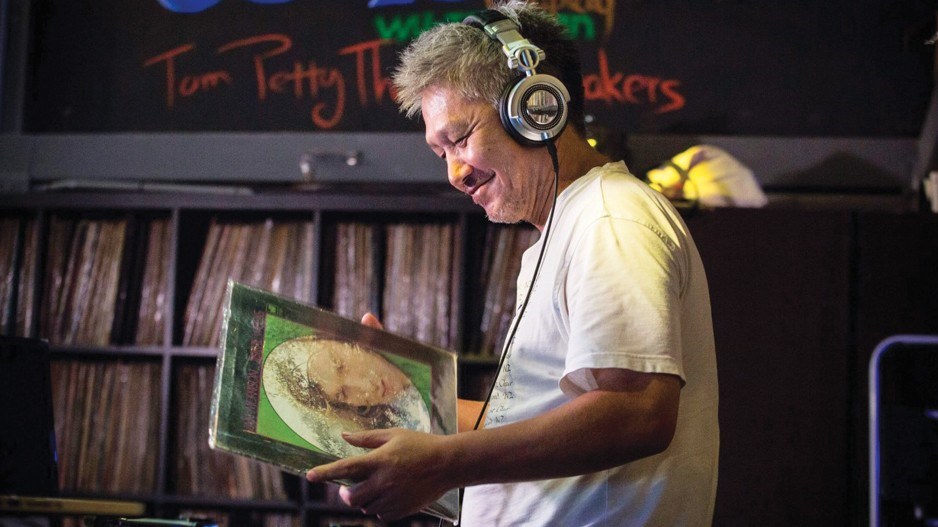It is unusual for a cultural festival to broach the subject of global trade; it is even more unusual for it to tackle the topic of whether Canada’s economy would work better under an alternative model.
But that’s the case for this year’s TaiwanFest, an event that has been a staple of Vancouver’s summer calendar for more than three decades. Scheduled to run from September 2 to 12 through a mix of online and in-person events, TaiwanFest is taking an unconventional turn towards examining globalization’s impact – first through the music industry, but then applied to the overall economy at large.
The event’s “Their World of Music” centrepiece is set to take place online September 5 through a virtual conversation between two indie music industry stalwarts: North by Northeast music festival founder Michael Hollett and Taiwanese music industry mainstay Jang Dal Im.
A veteran of Asia’s music industry, Im plans to discuss how globalization has eroded business for domestic players by allowing international record labels into small markets like Taiwan.
As a result, these smaller players now rely on government grants and subsidies to compete, which have left them susceptible to censorship and external influence.
Im said that has many parallels with what’s happening to economies like Canada’s, where emphasis on globalization’s benefits, such as lower consumer-goods prices, combined with negative impacts that include lowering the earning power of the middle-class have pushed the country’s consumer debt to $1.7 trillion.
But there is an alternative.
One of the reasons Im is speaking at TaiwanFest this year is his development of a user-pay concept for Taiwan’s music industry, something he compared to crowdfunding in Canada and other Western markets.
Essentially, what he proposes for local musicians is a direct-access model to fans and consumers. Through platforms like open social media, fans who want a certain product (a concert, for instance) bear the full cost that’s directly determined by the provider (the musician/band). That cuts out the “middle man” in major labels, management companies and ticket agents.
“There are a lot of indie musicians out there with a lot of dedicated fans, just like local products have dedicated users,” Im said. “But the providers don’t have the capital for a concert. What this ensures, most importantly, is the proper distribution of the revenue generated by an event or a product. Whatever costs are directly borne by consumers without added fees, and whatever revenue generated will be distributed to the service provider directly under whatever agreement is in place – instead of being determined top-down from a record label, a managing agent or whatever.”
Im’s direct-access idea for the music industry is still in conceptual stages. But he said one of the main reasons he wants to speak at TaiwanFest is to spur a conversation about alternative ways business can maximize benefits for local players.
He added that he understands there will be push back. Globalization and international trade are important contributors to the Canadian economy.
But given the quantitative easing employed by governments to prop up their economies during the COVID-19 pandemic, Im said it’s time the private sector considered “equalizers” that allow citizens and small businesses to level the playing field.
“I would like this conversation to start something of a network, a system across the Pacific where people can start looking collectively at whether the current economy and trade model is actually benefiting us,” Im said. “If we can focus on internationalization without globalization … I think we can achieve a ‘great reverse,’ instead of merely talking about a reset that would be more of the same.”
More information on Im’s talk and other TaiwanFest events can be found at vancouvertaiwanfest.ca. •




